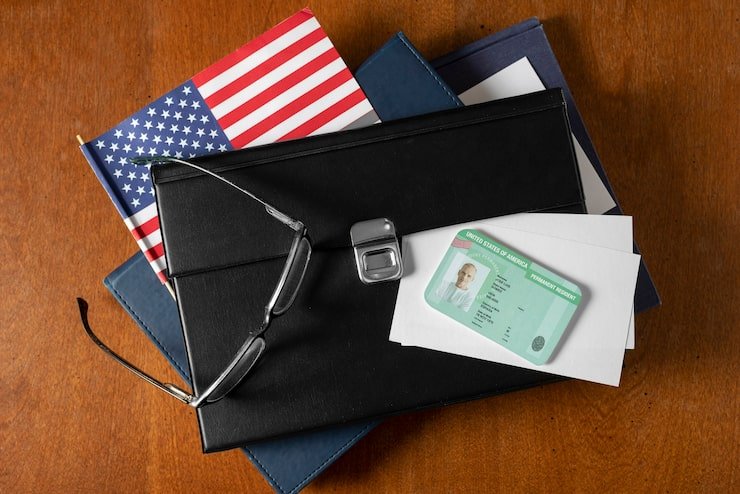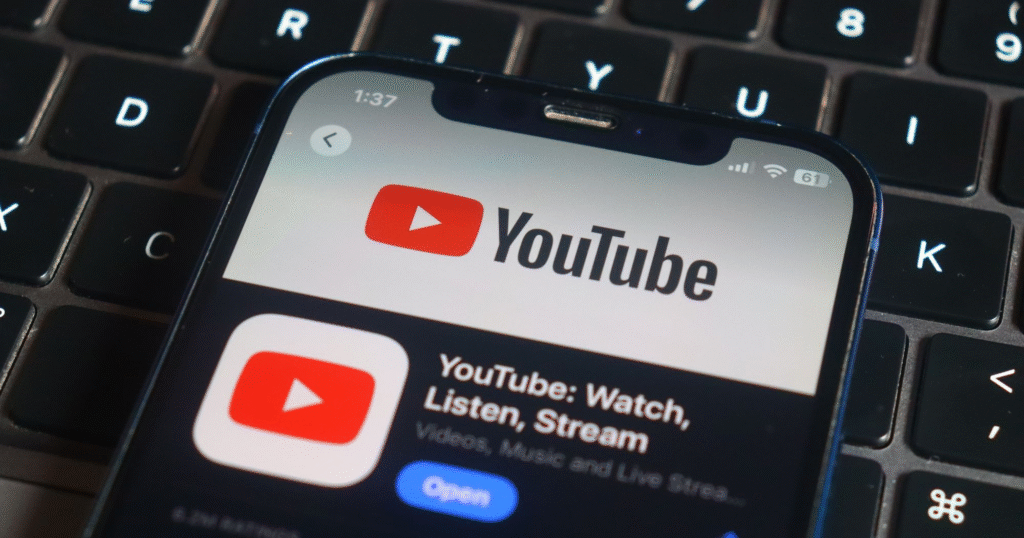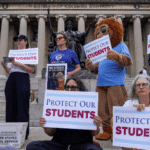U.S. Olympic Ban Transgender Athletes: USOPC Aligns Policy with Trump’s Executive Order
The United States Olympic & Paralympic Committee (USOPC) has revised its athlete safety policy to align with President Donald Trump’s recent executive order. This contentious action makes the U.S. Olympic Ban Transgender participation in women’s sports even stronger, which has led to a lot of debate around the country.
USOPC Takes Action on Federal Directive
In February 2025, President Trump signed Executive Order 14201. It says that transsexual girls and women can’t play in women’s sports. The USOPC said it would now engage with entities including the International Olympic Committee (IOC), the International Paralympic Committee (IPC), and the National Governing Bodies (NGBs) to make sure this directive is followed.
In a memo to Team USA, USOPC President Gene Sykes and CEO Sarah Hirshland emphasized the need to follow federal rules. “As a federally chartered organisation, we must meet federal expectations,” they said, according to ABC News.
Trump’s Executive Order Expands Title IX
The executive order, called “Keeping Men Out of Women’s Sports,” is based on Trump’s reading of Title IX. This law stops schools from treating people differently because of their sex. The edict tells all federal entities to follow the same rule in sports.
It also goes beyond tournaments in the country. The order tells U.S. agencies not to give visas to transgender women athletes and tells the State Department to pressure the IOC to revise its present rules on who can compete. Trump said clearly that transgender athletes will not be allowed to compete in the 2028 Olympics in Los Angeles.
U.S. Olympic Ban Transgender Impact May Be Limited
Even though it covers a lot of ground, the order may only have an effect on a few athletes. Charlie Baker, the president of the NCAA, told a Senate subcommittee that there are less than 10 transgender athletes competing among the 530,000 student-athletes at 1,100 schools.
Supporters say the order makes women’s sports fair again. But some people say it infringes the rights of a small number of people. The U.S. Olympic ban on transgender athletes continues to make people wonder about fairness, inclusivity, and the rules for international sports.











